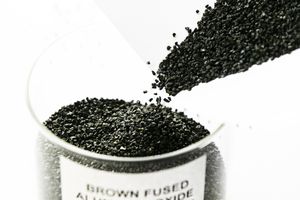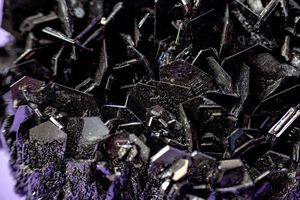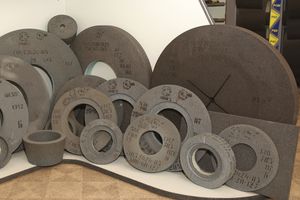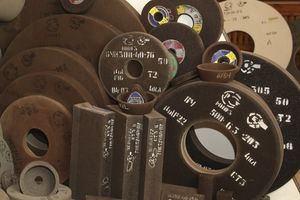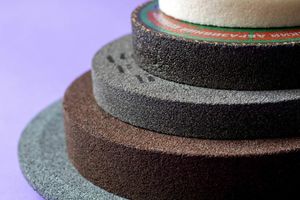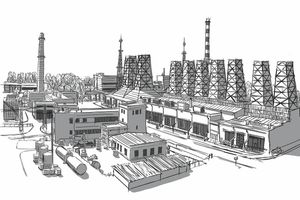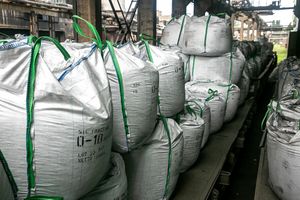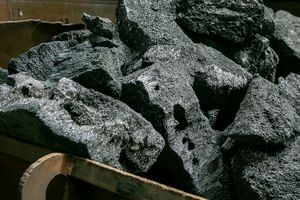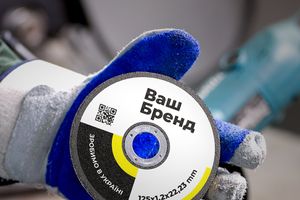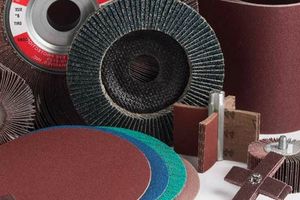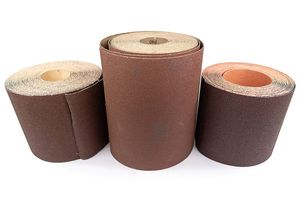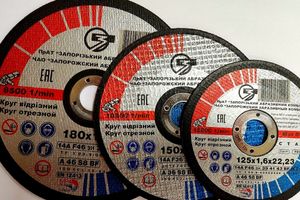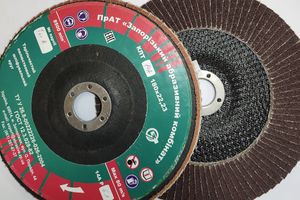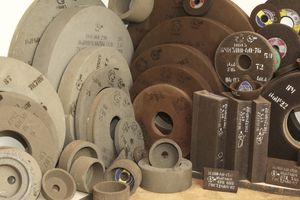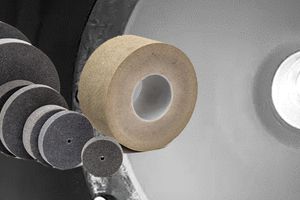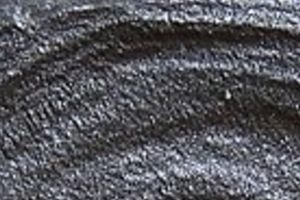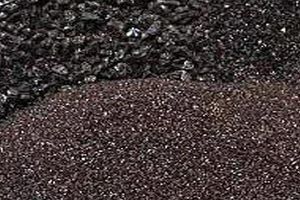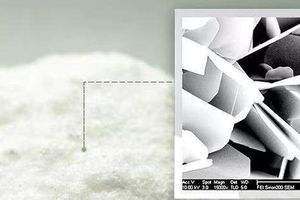Silicon carbide (SiC) is a composite material consisting of silicon and carbon atoms. It has several unique properties that make it useful in a variety of applications: High heat resistance: Silicon carbide can withstand very high temperatures, reaching up to 2700°C.
This property makes it an important material for the production of fire-resistant components. High hardness: SiC is known for its high hardness, which gives it excellent strength and wear resistance. This makes it a popular material for making abrasive materials such as sanding discs and paper.
High thermal conductivity: Silicon carbide has high thermal conductivity, which makes it useful for manufacturing electronic components that require heat dissipation. Chemical resistance: SiC is resistant to many chemicals, making it an excellent material for use in the chemical industry. Piezoelectric properties: Silicon carbide can be piezoelectric, meaning it can generate an electric charge when deformed, or conversely, change shape when an electric field is applied.
This makes it useful for pressure sensors and actuators. Semiconductor properties: Silicon carbide is also an important material in the manufacture of semiconductor devices such as diodes and transistors due to its electronic properties.
Applications of silicon carbide include: Production of abrasive materials for grinding and cutting. Manufacture of refractory materials for high temperature applications such as thermal protection plates. Electronics manufacturing, including semiconductor devices and heat sink components. Use in the chemical industry, where high chemical resistance is required. These properties make silicon carbide an important material in various industries and technologies.
Applications of silicon carbide also include: High Frequency Electronics: SiC has properties that allow it to operate at high frequencies and temperatures, making it an ideal material for manufacturing RF electronics components such as high frequency transistors and diodes. Electromechanical systems: Due to its piezoelectric properties, SiC is used in the manufacture of actuators and sensors for electromechanical systems, such as precision positioning systems, ultrasonic sensors and vibration analysis devices.
Energy efficiency: Compared to traditional materials, silicon carbide can provide greater energy efficiency in various applications such as energy converters and electric drives. Industrial heating elements: Due to its high heat resistance and good electrical conductivity, SiC can be used to produce heating elements for industrial heating, metal melting and other processes.
Electromobility: In recent years, SiC has become an increasingly popular material in the field of electromobility, as it can provide greater efficiency and lower energy loss in electronic systems such as motor control systems and power conversion. In general, silicon carbide is a very versatile material with a large number of applications in various fields, including electronics, electromechanical systems, industrial processes and energy efficiency. Its unique properties make it an indispensable component in high-tech manufacturing and engineering applications.
Solar energy: Silicon carbide is widely used in the production of solar cells and photovoltaic systems. High heat resistance and light energy conversion efficiency make it an ideal material for use in solar stations. Aviation and space engineering: Structural materials for aviation and space engineering are made from silicon carbide composites.
These materials have low mass, high strength and heat resistance, making them ideal for the production of aircraft, satellite and rocket components. Medical Industry: Silicon carbide is used in medical devices such as surgical instruments and implants due to its biocompatible properties and ability to sterilize.
Military equipment: SiC is used in military equipment to produce armor plates and composite materials that provide protection against bullets, explosions and other hazards.
Electronic and industrial ceramics: Silicon carbide can also be used to produce a variety of ceramics, including electronic and industrial ceramics for insulation, insulation and other applications. In general, silicon carbide is one of the most versatile and important materials in modern industry, and its applications are widespread in many fields, from electronics and energy to medicine and military technology.
Optical and laser systems: Silicon carbide is also used in the production of optical components and laser systems. Its high transparency in a wide spectrum of light, including ultraviolet and infrared regions, makes it ideal for optical fibers, windows and laser lenses.
Electromagnetic compatibility: Silicon carbide has properties that reduce electromagnetic interference and shield electromagnetic radiation. This makes it useful for use in radio frequency devices, mobile phones and other electronic devices.
Materials for defense and security: Due to its high strength and hardness, silicon carbide is used in the production of protective equipment, including armored helmets, bulletproof vests and other protective structures.
Power electronics: SiC is used to create powerful electronic devices such as power transistors, inverters, and converters that provide efficient conversion and control of large flows of electricity. Water purification technologies: Silicon carbide can be used in filtration systems to purify water from impurities and remove harmful substances. High porosity and chemical resistance make it an effective material for this purpose.
In general, silicon carbide turns out to be an extremely useful and versatile material with great potential for application in many areas of technology and industry. Its unique physical and chemical properties provide a wide range of applications in high-tech industries.




